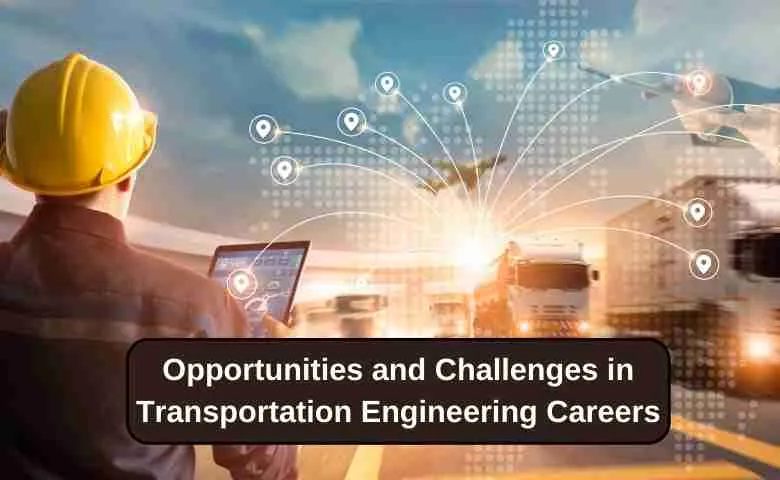In today’s rapidly evolving technological landscape, industries are constantly seeking ways to optimize their operations, enhance productivity, and ensure maximum efficiency. One of the most transformative advancements that has reshaped the industrial sector is the integration of Supervisory Control and Data Acquisition (SCADA) systems into various processes. SCADA, a cornerstone of industrial automation, has emerged as a game-changer, enabling businesses to streamline operations, minimize downtime, and make informed decisions with unprecedented precision..
“Revolutionizing Industries Through SCADA: Unveiling the Power of Industrial Automation”
Industries Transformed by SCADA


- Manufacturing: SCADA systems have revolutionized manufacturing by enabling precise control over assembly lines, quality assurance processes, and inventory management.
- Energy: Power plants and utilities utilize SCADA to monitor and manage electricity generation, transmission, and distribution, ensuring a stable and efficient power supply.
- Oil and Gas: SCADA systems play a crucial role in monitoring pipelines, wellheads, and refining processes, enhancing operational efficiency and minimizing environmental risks.
- Water and Wastewater: SCADA is instrumental in managing water treatment, distribution networks, and sewage systems, ensuring the delivery of clean water and proper waste disposal.


